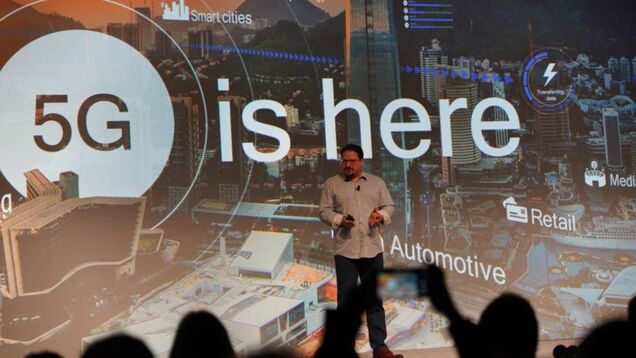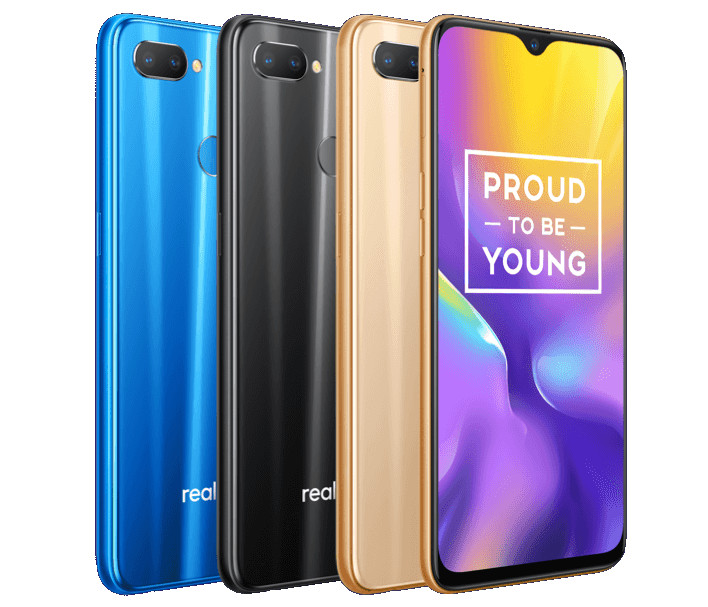New Technology Changes We're Excited About for 2019
Last year, we pegged our hopes for 2018 on ambitious technologies like mixed reality and alien alloys. We learned our lesson. Looking ahead to 2019, we’re excited to see tech wrestle with some of its failures and possibly innovate its way out of the messes it’s created.
As tone-deaf, duplicitous, and just plain wrong as the tech world often is, there’s still a good chance that it started to read the room over the last year. Pressure from lawmakers, the public, and from within is growing and there’s a reason to believe we’ll see newcomers and the establishment taking steps to curb issues like screen addiction and invasion of users’ privacy.
Don’t count on Jeff Bezos allowing workers to take an extra pee break or Sheryl Sandberg sacrificing profits to make a better product. But there are a few developments to keep an eye on next year that could make the world a better place or at least a more enjoyable one.
Itty bitty phones that get the job done
This is about one phone, really. One phone that could start a revolution, if its maker would just give up on the stupid revolution it’s trying to spark that no one wants. The Palm Palm is supposed to be the phone you take when you want to get away from your phone. It’s exclusive to Verizon, and you’re required to have a primary phone to get it.
A secondary phone that is a little less functional and a little less tempting to look at for extended periods of time isn’t the worst idea in the world. But it sounds like a luxury few would or could take advantage of. A better idea would just be to sell the little phone on its own.
Nothing that passed through the Gizmodo offices gets a unanimously positive reaction from our staff. The Palm Palm did. It’s novel as hell, it can fit in your wallet, and it has a clever interface that adapts a fully functional Android OS to its tiny form factor. If the camera was better, I’d finally quit the iPhone and go all in on this experiment to reduce my screen time.
Maybe don’t get too excited: Palm always loses, and if this thing bombs, other companies may give up on copying the approach.




